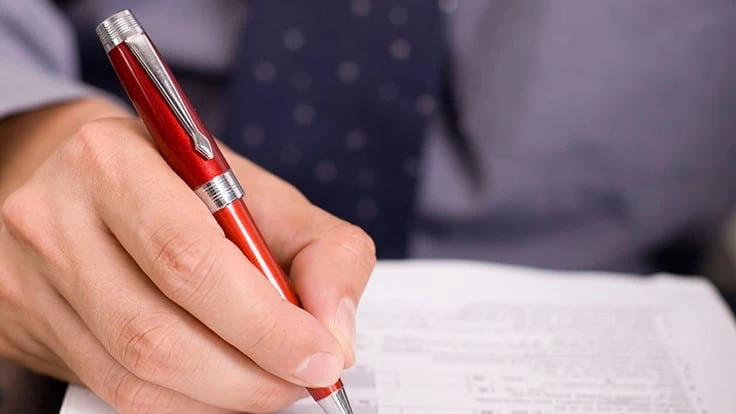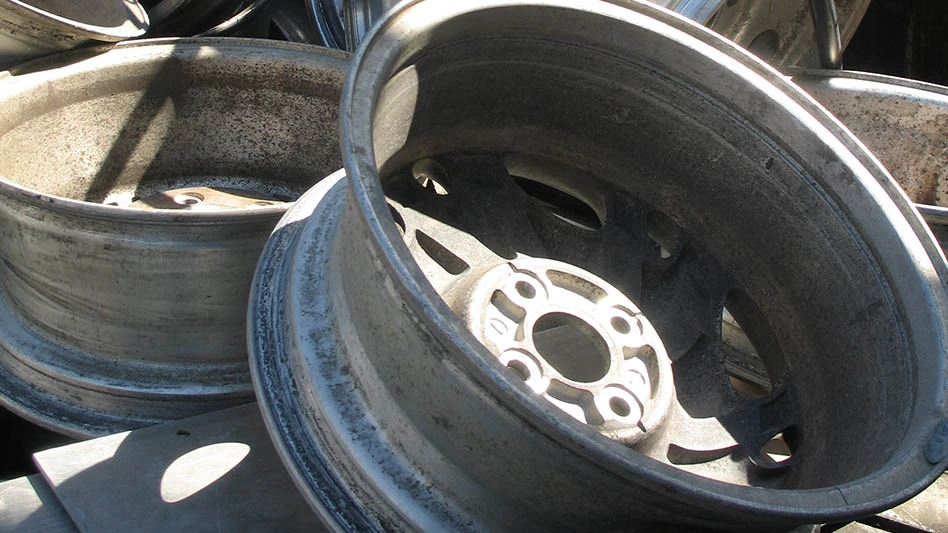
© Sandra Dragojlovic | Dreamstime.com
South Carolina lawmakers have passed a bill that would encourage advanced recycling projects in the state.
The Solid Waste Policy and Management Act, S. 525, provides an updated definition and methods of advanced recycling, redefining it as manufacturing rather than solid waste disposal. The bill passed both the state Senate and House votes, and South Carolina Gov. Henry McMaster is considering the bill.
According to S. 525, an advanced recycling facility “must demonstrate financial responsibility prior to being issued a permit for the advanced recycling facility or prior to the advanced recycling facility being placed in operation.”
It also states that the facility “must establish a cash trust fund under the control of the department or obtain a surety bond for which the department is the sole beneficiary, sufficient in form and amount to meet all reasonably foreseeable costs of cleanup, environmental remediation, firefighting, groundwater or surface water contamination, private property contamination, public health impacts, and displacement and relocation of affected persons and any other reasonably foreseeable costs associated with the operation, management or abandonment of any pyrolysis and gasification facilities, including … the operation and storage of postuse polymer, plastic polymer or incidental contaminants or impurities.”
If McMaster signs S. 525 into law, South Carolina will be the 15th state to pass legislation that redefines advanced recycling as manufacturing rather than solid waste disposal.
The Washington-based American Chemistry Council (ACC) has expressed support for South Carolina’s S. 525, noting that it will accelerate advanced recycling projects in the state.
“This legislation positions South Carolina to foster private-sector investment in advanced recycling facilities, new jobs for residents and increased recycling rates statewide,” says Joshua Baca, ACC’s vice president of plastics.
Craig Cookson, senior director of plastics sustainability at the ACC, adds that this legislation also has the potential to reduce the amount of plastic scrap from going to landfill in South Carolina. He says about 280,000 tons of plastic scrap currently go to landfill in that state.
According to Cookson, several other states are considering advanced recycling legislation, including Kentucky, Mississippi, Missouri, New Jersey, New York and West Virginia.
Cookson says having a clear regulatory framework for advanced recycling in the state will make it easier for companies that want to invest in advanced recycling projects.
Latest from Recycling Today
- RMDAS April figures show recycled steel price setback
- Steer World offers PEX plastic recycling machine
- New recycling grant program launches in Massachusetts
- Tire Recycling Foundation names executive director
- Dock 7 named 2025 Exporter of the Year at New Jersey International Trade Awards
- Waste Connections reports ‘better than expected’ Q1 results
- Commentary: How EPR is transforming the packaging industry
- Acerinox names new North American Stainless CEO





